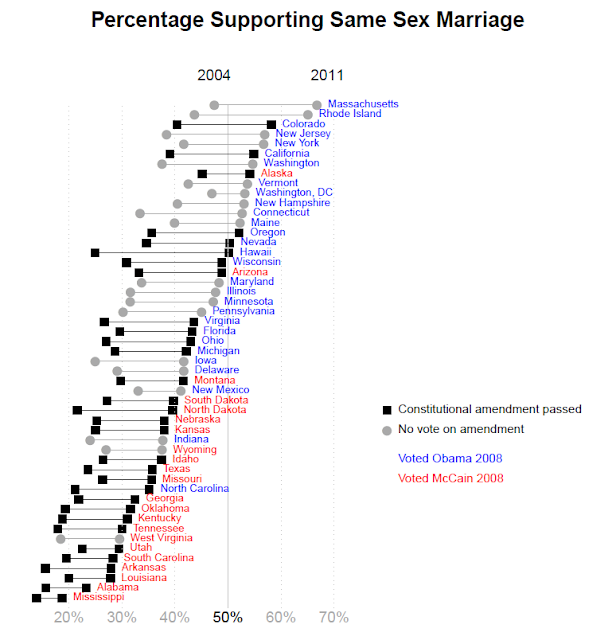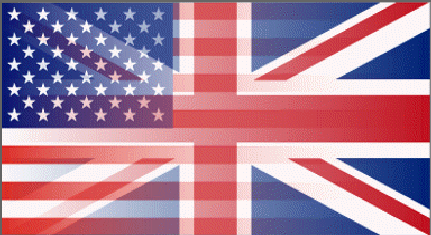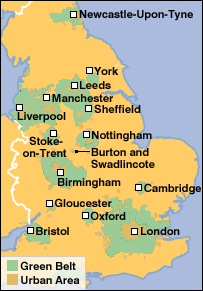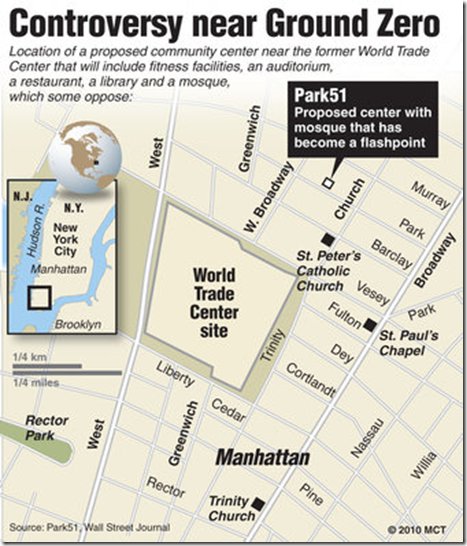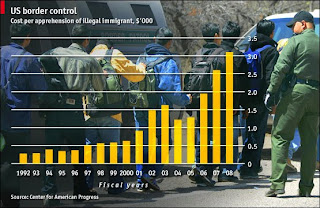 |
| Note: Image from the LSE report Southern Sudan at Odds with Itself |
I am optimistic about the chances for peace in Sudan. Khartoum and Juba are interdependent. Both rely heavily on the shared oil revenues (Khartoum about 50% reliant, Juba about 100%), and both could choose to stop production, violently or otherwise.
There is lots of room for a mutually beneficial deal to be done.
But this doesn’t necessarily mean that cool heads will necessarily prevail. Both sides have strong incentives to arm as heavily as possible, just in case a deal doesn’t work out (see
Elbadawi on the game between Juba and Khartoum).
The
Sudan Tribune recently reported allegations that the SPLA is buying military aircraft (denied by the SPLA).
Well it would make sense for the SPLA to want to buy military aircraft. Khartoum has planes and Juba does not, making the South incredibly vulnerable in any kind of conventional war.
As a result of the logic of the incentives facing Juba, the SPLA gets about 33% of the GoSS Budget, money that could otherwise go on essential infrastructure and social services.
What does any of this have to do with America? How about a no-fly zone for Southern Sudan? A security guarantee - allowing both sides to step down from the brink and focus on working out a deal, and investing in the country?
